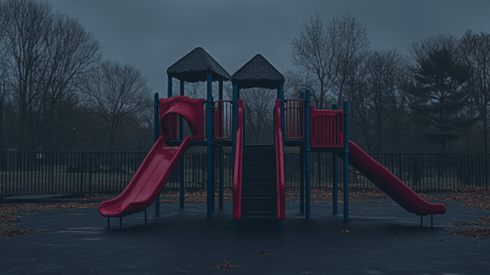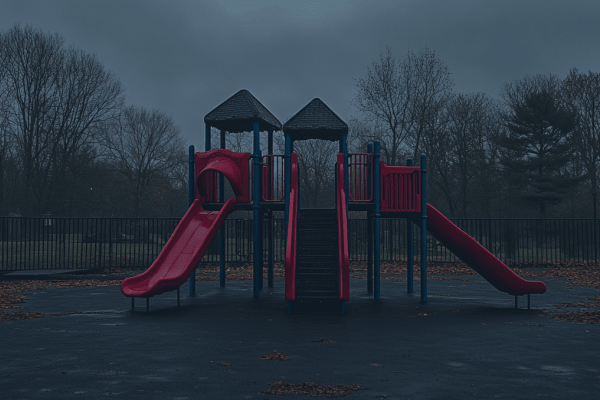Nonprofit Risk Pool Halts Key Liability Coverages for California FFAs

Joanne Wojcik | September 13, 2024

There's an old French proverb, "plus ça change, plus c'est la même chose," which translates in English to "the more things change, the more they stay the same."
Conditions like those that led to the formation of the Nonprofits Insurance Alliance of California (NIAC) in 1989 are reemerging, forcing the Santa Cruz, California-based risk pool to nonrenew most professional liability coverages for foster family agencies (FFAs) operating in the state.
The NIAC began as a direct result of the liability insurance crisis of the mid-1980s when most insurers declined to offer affordable liability insurance to nonprofits, regarding them as "high risk." In addition to the California risk pool, NIAC operates the Alliance of Nonprofits for Insurance (ANI), a Vermont-based risk retention group that began issuing policies outside of California in 2001.
The NIAC had originally announced on August 21, 2024, that it would be sending out nonrenewal notices for all coverages for all California FFAs after it became clear that AB 2496, the Foster Family Agency Protection Act, was unlikely to pass in its original form.
However, following the passage of a revised version of the bill earlier this month, the NIA said it would only be nonrenewing coverages for social services professional liability, improper sexual conduct and physical abuse liability, and directors and officers liability. The NIAC will continue to offer commercial auto, commercial general liability, and property coverage to California FFAs.
In addition, the NIAC will continue to offer all coverages to organizations that cease FFA operations, the insurer said in a September 9 bulletin. These nonrenewals do not apply to risk retention group members.
Because FFAs are often held accountable for the unforeseeable wrongful acts committed by others beyond the scope of their control, it makes them uninsurable, explained Pamela Davis, NIAC's CEO.
Over a 5-year period, sexual abuse claims filed by FFAs have amounted to 12 times' premium collected during that time, Ms. Davis said.
"The No. 1 claim is sexual abuse," she said. "The problem is, even when FFAs have properly vetted foster families, following criteria set by the state, they are blamed, not the state," she said. "Because a child was harmed, the expectation is that someone ought to pay, and FFAs are being held responsible even if they did nothing wrong."
Additionally, with social inflation, juries are awarding increasingly larger damages, often perceiving FFAs as a "deep pocket," she said. Exacerbating the problem are plaintiffs' attorneys' time-limited demands for policy limits, which give FFAs very little time to investigate allegations to determine whether they are truly at fault, Ms. Davis said.
"Sometimes they give us 10 days. We need time to investigate the facts. Sometimes we don't even know if the child was in the home at the time the incident occurred. We had one case where the plaintiff didn't even have legal standing to sue and we were almost ready to pay out policy limits" because of the tight deadline set by the attorney, she said.
The original AB 2496 would have set parameters for time-limited demands and shielded FFAs from liability in cases where they substantially complied with legal or regulatory standards.
By limiting FFA liability, "the original bill would have created a stable [insurance] market," Ms. Davis maintains.
In response to substantial losses from large claims in recent years, commercial insurers have largely withdrawn from the FFA market in California, and when an FFA does secure coverage, it's usually on a surplus lines basis, with higher premiums, lower limits, and more restrictive terms, according to Ms. Davis.
As a result, the NIAC's risk pool has effectively become the insurer of last resort for approximately 140 of California's FFAs, representing about 90 percent of the system. The NIAC also insures 12,000 other nonprofit organizations statewide.
The revised version of AB 2596, which became law after Gov. Gavin Newsom signed it earlier this month, allows FFAs to transfer foster home approval to other FFAs and to the counties, using a less rigorous vetting process.
"Not only is this dangerous for foster children, it will also provide a field day for plaintiff attorneys to allege that FFAs' failure to provide some random piece of information to the counties or subsequent FFAs during this less-rigorous process was the reason a child was injured," the NIAC asserted in a bulletin issued September 9 in response to the passage of the revised bill.
However, the law will only be a temporary solution to the California FFA liability insurance crisis, Ms. Davis notes, since the law sunsets in 2027.
"FFAs do wonderful work. They are truly dedicated people who deal with impossible situations every day, and they do it incredibly well. But I don't feel that we can defend them. We've tried everything—lowered limits, aggressive claims handling. You can't win. They're the fall guys for the [foster care] system," Ms. Davis said.
Joanne Wojcik | September 13, 2024

